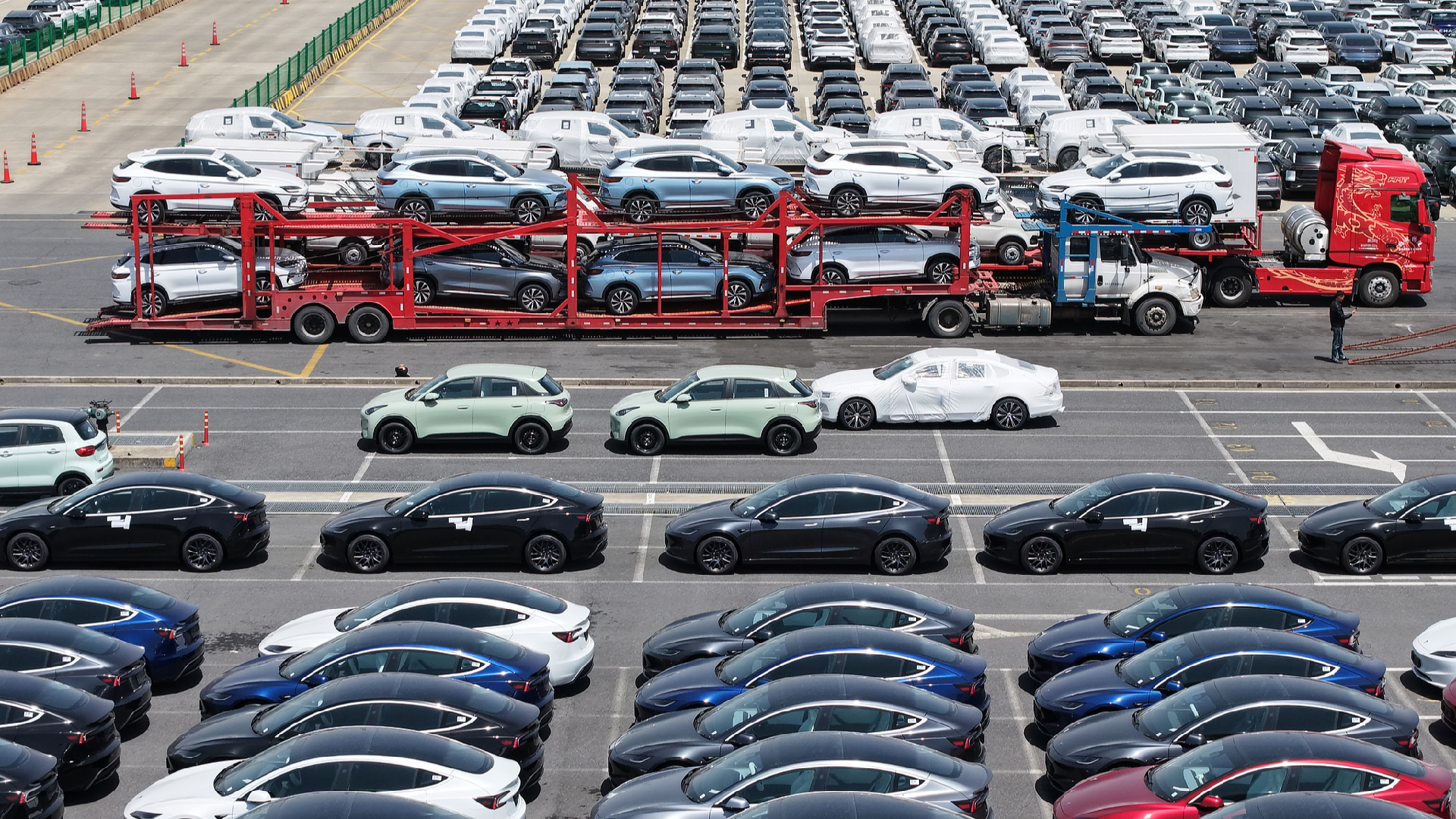Opinion | Taxing Tech Companies for the Failure of the News Industry Is Just Unfair
Google and Facebook didn’t kill newspapers, despite what you’ve read. It was self-inflicted.


If the most popular tax is the one levied only against the other guy — preferably a very rich other guy — Sen. Amy Klobuchar’s bill, Journalism Competition and Preservation Act, released Monday, comes close to perfection. The legislation isn’t actually a tax bill, but if enacted would ding the two top tech-media companies, Google and Facebook, for millions and perhaps billions of dollars a year that would go to the news industry.
Klobuchar modeled her bill on Australia’s News Media Bargaining Code, which through a compulsory negotiation and arbitration set-up forces Google and Facebook to pay qualifying Australian news organizations (from both print and broadcast) about $150 million a year. The rationale behind the Australian shakedown and the proposed American one goes like this: News headlines and snippets on Google and Facebook have enabled the companies to convene mass audiences and abscond with billions in advertising revenues that were once the news industry’s near-exclusive franchise. This shift in advertiser preference from newspapers and TV to Google and Facebook has led to financial pain for many (but not all) news vendors. Given journalism’s high value as a public good, Google and Facebook must pay for the damage they’ve caused and help steer the news industry back to something close to the status quo ante.
That’s the logic, at least. Though it might seem well-meaning, it also unfairly punishes one industry for the failures of another. And that’s not a recipe for good lawmaking.
Few of us want the commercial tide to sweep the news business into the deep. Nor do many of us hold much sympathy for the over-rich, oligopolistic tech giants. And nobody thinks Google and Facebook will much miss the $2 billion one reporter estimates the two firms will end up paying annually to American newsies if the terms of the domestic arrangement parallels the Australian one. Google, after all, collected more than $200 billion in ad revenue last year. But the Klobuchar bill unjustly punishes the tech giants by making it prop up an industry that has largely failed to address its business problems and has been decaying for decades. It’s not clear whether these subsidies will restore the news business to health, and it appears likely that the act would serve as a prelude to direct government subsidies to save the news — another bad idea. Finally, the bill resembles a reparations package, which is unfair because the tech giants didn’t cause the news industry’s decline. They only contributed to it.
It would be nice to blame all of the news industry’s problems on the tech behemoths, but the undoing of the newspaper industry began well before the web’s advent. Newspaper circulation’s per capita decline started in the post-WWII era, as did the industry’s share of ad spending, thanks to competition from radio and TV. Total advertising revenue peaked in 2005. Some savvy newspaper investors, like Warren Buffett, predicted the industry’s coming decline in 1992, a good half-decade before the commercial Internet was a thing. The newspaper audience and ad buyers had already begun migrating to other mediums, like TV and cable.
One enduring myth of the Internet’s rise is that it caught the news industry by surprise. But that just isn’t so. The historical record shows that starting in the 1970s, they invested deeply and experimented widely on the electronic delivery of news and ads to homes (Viewtron, QUBE, Extravision, Gateway, Interchange, and many other systems) in hopes of inventing something like the web. What prevented them from dominating the electronic space was that the emerging, off-the-shelf technology and the open architecture of the Internet allowed open entry into the news and advertising market — no government licenses or big newsprint presses were required. Winning in this arena meant competing with all comers, and the news business proved to be a bad competitor. Google, which was founded in 1998, had the best ideas on how to sell ads in the space, and by 2012 its ad revenue surpassed that of the entire U.S. newspaper industry.
The rise of Google and then Facebook did parallel the decline of newspaper revenues, but it would be a mistake to say one caused the other. As analyst Kamil Franek points out, Google and Facebook did not build their success by “stealing” newspaper advertising. They did it by disrupting the advertising universe with systems that allowed for more efficient and cheaper ways to attract prospective customers. For better than a century, the ad business had followed the dictum attributed to department store magnate John Wanamaker, “Half the money I spend on advertising is wasted; the trouble is I don’t know which half.” Internet advertising deflated Wanamaker’s wisdom by making it knowable which half was wasted. Web advertisers could finally measure the successes of their campaigns and refine where to advertise next. The web also proved to be a bargain for advertisers, as better and better ad performance became cheaper and cheaper: Total advertising as a percentage of GDP dropped 25 percent between the 1990s and the aughts. Google also created new places to advertise, such as on games and on smartphones. Benedict Evans, another analyst, holds that somewhere between two-thirds and three-quarters of Google and Facebook’s ad business came from companies that had placed no print advertising outside of the Yellow Pages.
Although Klobuchar’s bill doesn’t use the word “reparations,” it proceeds as if Google and Facebook injured the news industry by taking something that rightfully belonged to them and should pay annual damages. We can concede that Google makes some money from news headlines and snippets — one independent analyst puts it at $1 billion a year while the news industry’s trade group says more like $4.7 billion. But as writer Frederic Filloux has put it, this is how the market works: Better and cheaper products replace what went before. In the Google and Facebook examples, the two companies did two things. First, they almost completely divorced advertising from editorial or entertainment content, making web ads more like billboards than newspapers. Second, they transformed advertising from a wasteful, crapshoot business that ran campaigns in newspapers, on TV and on billboards with almost zero feedback on effectiveness into an efficient, targeted enterprise whose success could be measured instantly. The analogy isn’t perfect, but what Google and Facebook did to the ad industry was transformative, akin to what digital cameras did to Kodak and personal computers did to typewriters. The newspaper industry had the resources to create something like Google or Facebook but didn’t. The onus for missing what was coming should fall on the news industry, not Google or Facebook. The news industry never had an inherent right to advertising dollars. To imagine they deserve any form of reparations because tech displaced them in the ad marketplace is laughable.
The newsies can lament their losses all they want, but Google and Facebook owe them nothing. Sustaining the news business is a worthy goal. But sending the bill to Google and Facebook is simply unfair.
******
Don’t miss Bill Grueskin‘s excellent feature from earlier this year on the mechanics of the Australian system. He takes a more sympathetic stand on the arrangement while still noting the flaws. Send subsidies to [email protected]. No new email alert subscriptions are being honored at this time. My Twitter feed thinks my murderous RSS feed competes unfairly against it.












